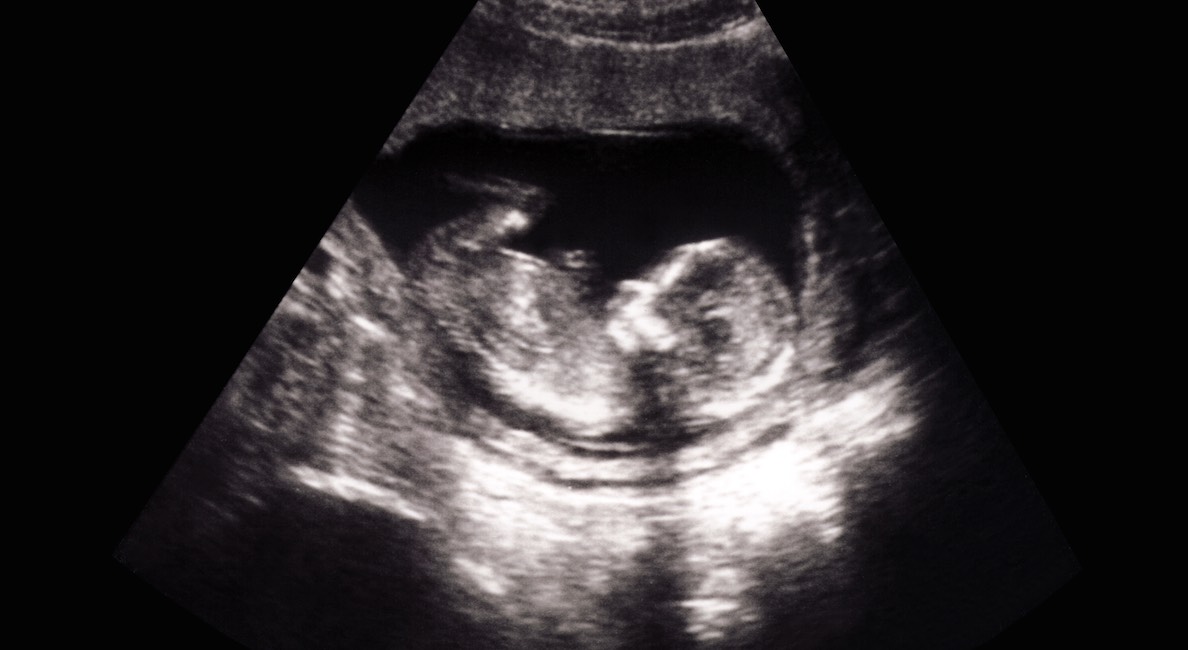Mexico’s Supreme Court has dismissed a bill that sought to decriminalize abortion in the state of Veracruz, which would likely have had detrimental impacts across the entire country. According to El Financiero, four of the five justices “voted against the bill that obliges the Veracruz Congress to modify its local Penal Code, in order to decriminalize the termination of pregnancy under any circumstance.”
A procedure called “amparo” in Mexico “allows both individuals and government institutions to challenge laws in federal court,” according to a previous report by Live Action News. “Currently, abortion is generally illegal in Veracruz. However, the state does not impose a penalty when an abortion is procured within the first 12 weeks of pregnancy and only when the abortion is because the unborn baby has a malformation, the mother was raped, or when the health of the mother is at risk.” This particular legal challenge had been brought before the Supreme Court by pro-abortion members of the Veracruz Legislature, who presented the current law as discriminatory against women.
El Financiero reports:
The project, which sought that the local Congress will reform articles 140, 150 and 154 of the state Penal Code, indicates that these represent a discriminatory barrier to equal access to health for women, since the criminal type only falls on them due to its physical and biological conditions, and the sanction acts as an obstacle to accessing safe health services with a gender perspective.
In truth, making abortion a “right” discriminates against an entirely defenseless class of human beings residing in the wombs of their mothers, who have their own distinct DNA and biology, unique from both their mothers and fathers.
Though the abortion industry claims that a first trimester preborn child is a mere “clump of cells,” in truth, children are amazingly complex in the first trimester. The heart begins to beat between 16 and 21 days after fertilization, and by week six, it has four distinct chambers. Between weeks six and seven, brain waves can be detected. A baby girl has eggs in her ovaries by eight weeks after fertilization, and the baby can suck her thumb, turn her head, and shows a preference for right- or left-handedness.
“Like” Live Action News on Facebook for more pro-life news and commentary!







